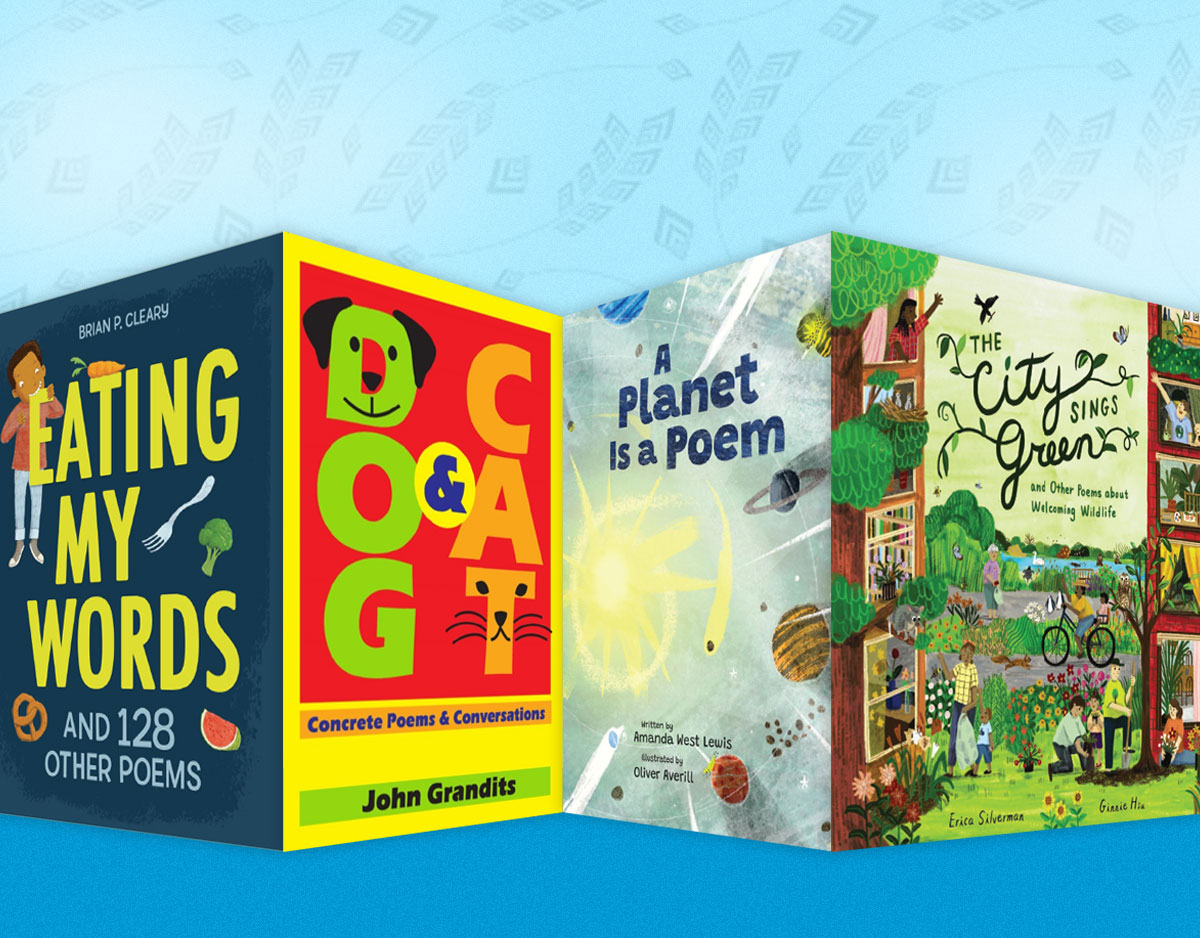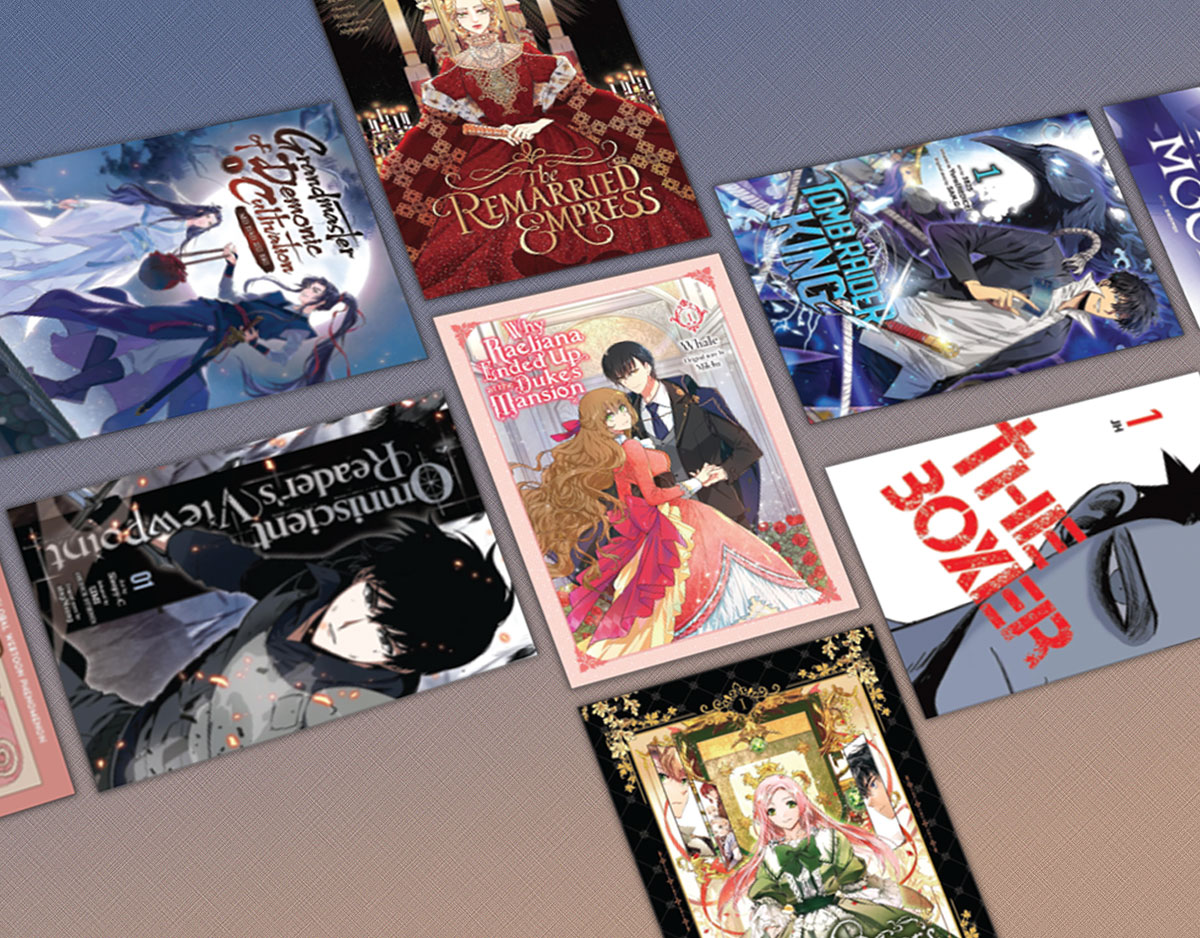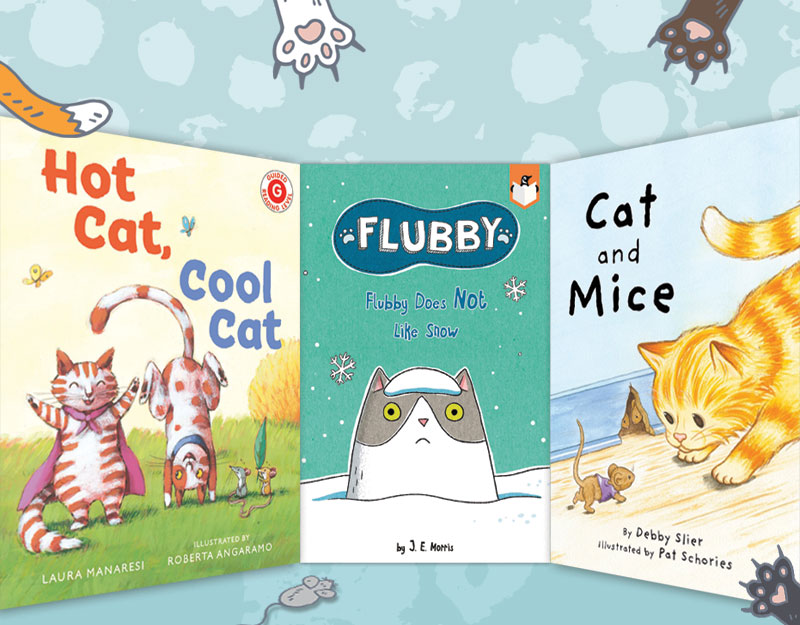Review of the Day: The Qwikpick Adventure Society by Sam Riddleburger

As a children’s book reviewer there is one fact that you must keep at the forefront of your mind at all times: You are not a kid. Not usually anyway. And because you are not a kid, you are not going to read a book the way a kid does. I keep talking in my reviews about how your own personal prejudices affect your interpretation of the book in front of you, but it’s bloody true. I mean, take scatological humor in all its myriad forms. When I read How to Eat Fried Worms as an adult, I didn’t actually expect the hero to eat worms (let alone 30+ of them). And when I read Out of Patience by Brian Meehl last year I really enjoyed it until the moment when the local fertilizer plant became… well, you’d have to read the book to grasp the full horror of the situation. Actually, “Out of Patience” was the title I kept thinking of as I got deeper and deeper into “The Qwikpick Adventure Society”. Both books are funny and smart and both involve gross quantities of waste to an extent you might never expect. I am an adult. I have a hard time with poop. Poop aside (and that’s saying something) there’s a lot of great stuff going on in this book. It’s definitely a keeper, but it’s going to have a hard hard time winning over its primary purchasing audience, adults.
Lyle Hertzog is going to level with you right from the start. In this story he and his friends, “didn’t stop a smuggling ring or get mixed up with the mob or stop an ancient evil from rising up and spreading black terror across Crickenburg.” Nope. This is the story of Lyle, Dave, and Marilla and their club’s first adventure. The kids say that they’re The Qwikpick Adventure Society because they meet regularly in the break room of the local Qwikpick convenience store where Lyle’s parents work. When it occurs to the three that they’ll all be available to hang out on Christmas Day, they decide to do something extraordinary. Something unprecedented. And when Marilla discovers that the local “antiquated sludge fountain” at the Crickenburg sewer plant is about to be replaced, they know exactly what to do. They must see the poop fountain before it is gone. The result is a small adventure that is exciting, frightening, and very very pungent.
Someone once told me that this book reminded them of Stand By Me, “except no dead bodies and no Will Wheaton.” They may be on to something there. Author Sam Riddleburger (who broke my heart when I discovered that this name was a pseudonym), works the relationships between the kids nicely. It’s a little hard to get into the heads of all the characters considering that we’re seeing everything through Lyle’s point of view, but the author does what he can. As for the “sludge fountain” itself, kids looking for gross moments will not be disappointed. You might be able to sell it to their parents with the argument that it’s actually rather informative and factual on this point (though I suggest that you play up the relationship aspect instead).
There are few kid-appropriate taboo topics out there, but if I was going to suggest one I might say it was the issue of class. Oh, you’ll get plenty of books where a kid lives a miserable life in a trailer park and gets teased by the rich/middle class kids in their class about it, sure. Now name all the books you can think of where the main characters live in a trailer park and that’s just their life. Or have parents that work in a convenience store and there isn’t any alcohol abuse, physical abuse, emotional abuse, etc. I swear, a kid who actually lived in a trailer park these days who tried to find a book containing kids like themselves would have to assume that abuse was the norm rather than the exception. So when I saw that both Lyle and Marilla lived in a trailer park and it wasn’t a big deal, that was huge for me. Also, sometimes a book with kids of different religions or ethnicities will make a big deal about the fact. Here, Lyle’s Christian, Dave’s Jewish, and Marilla’s a Jehovah’s Witness and not white but not identified as anything in particular. Quick! Name all the Jehovah’s Witnesses you’ve encountered in children’s books where the story wasn’t ALL about being a Jehovah’s Witness! Riddleburger is making people just people. What a concept.
I’ve been talking a lot this year about books that don’t slot neatly into categories. The kinds of books that mix genres and styles. “The Qwikpick Adventure Society” will be classed as fiction, no question about it, but its prolific use of photographs certainly separates it from the pack. For example, there’s a moment when the kids are trying to figure out what to do for Christmas. One of them suggests opening a fifty-gallon drum of banana puree that’s been sitting behind an empty Kroger store and there, lo and behold, is an actual honest-to-goodness photograph of a rusty, decaying, very real banana puree barrel. I don’t know whether to hope that Mr. Riddleburger took the picture years ago and was just itching for a chance to get to use it, or that he created the barrel himself for the sole purpose of including a photo of it in his book. I also enjoyed the hand-drawn portions. The comic strip All-Zombie Marching Band deserves mention in and of itself (though technically William Nicholson’s Wind Singer did it too).
I say that the poop, the sheer amount of it, will turn off a lot of adults. At the same time though there are plenty of moments that will lure the grown-ups back in again. Particularly librarians. Particularly librarians that have ever attempted an origami craft with a bunch of kids. For these brave men and women Lyle’s line about the process of doing an unfamiliar animal will ring true. “You follow the instructions through like thirty-four steps and all of a sudden there’s this funky zigzag arrow and on the next page it has turned from a lump of paper into a horse with wings.” YES! Exactly! Thank you!
ADVERTISEMENT
ADVERTISEMENT
Filed under: Reviews
About Betsy Bird
Betsy Bird is currently the Collection Development Manager of the Evanston Public Library system and a former Materials Specialist for New York Public Library. She has served on Newbery, written for Horn Book, and has done other lovely little things that she'd love to tell you about but that she's sure you'd find more interesting to hear of in person. Her opinions are her own and do not reflect those of EPL, SLJ, or any of the other acronyms you might be able to name. Follow her on Twitter: @fuseeight.
ADVERTISEMENT
ADVERTISEMENT
SLJ Blog Network
One Star Review, Guess Who? (#202)
Exclusive: Giant Magical Otters Invade New Hex Vet Graphic Novel | News
Parsing Religion in Public Schools
Take Five: LGBTQIA+ Middle Grade Novels
ADVERTISEMENT








How about The Higher Power of Lucky, for a book where a kid lives in a trailer and that’s just their life?
“…it’s going to have a hard hard time winning over its primary purchasing audience, adults” To me, this is what makes writing for children so bizarre. You have the editor/librarian/bookseller gatekeepers to deal with when you write for adults, of course, but those gatekeepers are adults, too. When you’re writing for kids, the gatekeepers are a totally different kind of people. No matter how well intentioned they are, no matter how interested they are in children’s literature, they are not children.
I thought about “A Higher Power of Lucky” but she lives in a trailer and not a trailer park. I think there’s a big difference there. Living in a city in a trailer park doesn’t quite compare to living in a trailer without another neighbor anywhere nearby.
I wonder, Gail, if kid advisory boards work at all to combat this. There’s aren’t many out there that I know of, but surely some libraries must use them. I wish I had one. It’d be great. I could hand them all my ARCs, they’d read them for me, and tell me which ones they really liked. Unfortunately I can’t buy books for my branch, but you get the general idea.
My son and I are in the middle of reading Lucky this week, and I have to disagree, Fuse. Lucky doesn’t live in a trailer park, but her trailer does have neighbors fairly nearby (since they mostly walk to her house and the town is so small). From Short Sammy’s house (an old tin cylinder that was a water container of some kind, I think), they can see “the jumble of trailers, sheds, outhouses, shacks, and rusty vehicles below.” There’s talk about the government cheese and other foodstuffs, and how there are no jobs so people who live in Hard Pan mostly are people who receive benefits or money from elsewhere. I’d say it’s definitely a book that’s addressing class but makes it just Lucky’s life, not an issue for teasing and contrasts with rich classmates.
Which is not to dispute your main point, that there are extremely few books like that around, and it’s good to have more of them.
Hm. Good point. I’ll retain my thoughts on how a trailer park is more common than a trailer in a tiny town, but I accept that the finances in that book are very straightforward and, as we both know, rare.